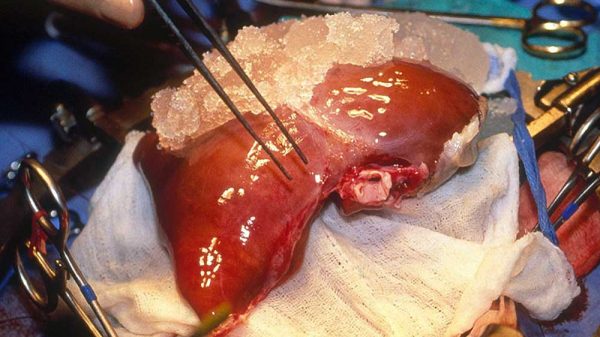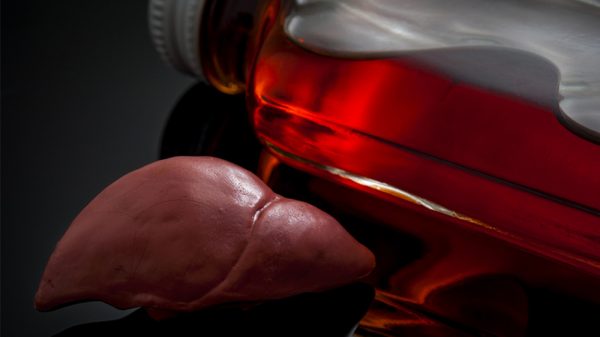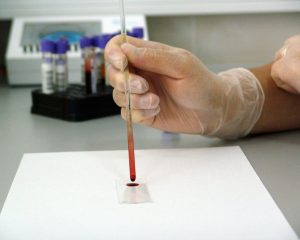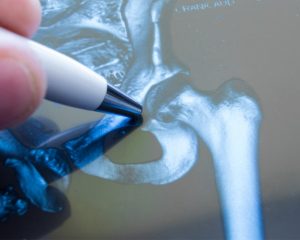There is no way to cure cirrhosis if you have it. The best you can do is to treat the underlying cause and manage its symptoms, as well as any complications. With these, you can prevent the condition from becoming worse. Lifestyle and dietary changes are usually necessary if you are treating cirrhosis. You may also need certain medications, depending on the exact cause of liver damage. For instance, if the cause of your liver disease is viral hepatitis, you may need antiviral drugs. Certain complications may come with advanced cirrhosis and you would have to treat them. One such complication is hepatic encephalopathy. Lactulose for cirrhosis helps to treat this complication.
Hepatic encephalopathy occurs when liver damage causes a buildup of toxic substances in your brain. This happens because the liver is already too damaged to detoxify your blood. Your blood, in turn, carries the toxins into your brain and damages it. Some of the symptoms of encephalopathy include drowsiness, confusion, problems concentrating, and forgetfulness. The major treatment plan for encephalopathy is the use of lactulose syrup. Lactulose is a laxative. It helps to rid your body of the toxins that may have accumulated in it. But if the case is resistant to lactulose treatment, there are other possible treatment plans. One of them is the antibiotic, Rifaximin.
An Overview of Cirrhosis Treatment
Cirrhosis means that there is permanent damage in your liver due to excessive irreversible scarring. These scar tissues replace healthy tissues in your liver. This, in turn, prevents the proper functioning of your liver.
Another problem with scar tissues is that they somewhat block the blood flow via your liver. And as cirrhosis begins to worsen, your liver may begin to fail.
The problem is that lots of people don’t even know that their liver is severely damaged. People are mostly unaware of their liver cirrhosis until things have gone out of hand and death is knocking on the door. This is because early-stage cirrhosis has little to no symptoms or signs until the damage has gone way too far.
The treatment for cirrhosis usually focuses on how to stop or delay liver damage and keep complications at bay. Doctors will want to find out what led to liver damage in the first place and try to control it.
But regardless of what caused the cirrhosis, you would have to stay away from any substance, habit, and drug that may cause further damage to your liver. If not, there will be further damage, more complications, and probably liver failure eventually.
Alcohol, for instance, will worsen liver scarring and make it progress faster. That’s why you must avoid alcohol if you have cirrhosis. You should not drink it at all. You may also have to take certain medications to control your symptoms.
If you don’t manage the condition well enough, the complications would progress and you may suffer liver failure. This occurs at the end-stage of liver disease. The liver completely packs up and stops working.
It is very difficult to treat liver failure. That explains why the survival rate is very limited. But then, lots of people are able to have successful liver transplants. While you can’t cure cirrhosis, you can still live healthy and long if you start treating it early enough.
The Use of Lactulose for Cirrhosis
There are many ways to use lactulose if you have cirrhosis. The main use is to prevent or treat hepatic encephalopathy, a common complication of cirrhosis. Firstly, your doctor may ask you to take it orally. You may also be asked to use it rectally.
Lactulose does not cure cirrhosis. It doesn’t cure encephalopathy either. It only helps to support mental status.
Lactulose is an artificial sugar solution that functions in two ways. It is both a laxative and a colonic acidifier. So it helps to decrease the ammonia content of your blood.
If you will use lactulose orally to manage liver disease, you should follow your doctor’s instructions. Usually, that would be 3-4 times daily, except your doctor says otherwise. For a better taste, you can mix the drug into a glass of fruit juice, milk, soft dessert, or even water.
The goal of using lactulose is to pass soft stool 2-3 times daily. This shows that it is working well. Some people can achieve this with less than the conventional dosage. But then, some people need even more. That is why you must not do self-medication. Let your doctor examine your condition and tell you how much you need to take.
If you are taking lactulose, you will have to mix your recommended dosage with 24 oz. normal saline or water. You will then pass the solution into your rectum. Keep it in for about half an hour to one full hour. But if your doctor says otherwise, follow his or her instructions.
If you want the most benefits from rectal lactulose, you should use it regularly. But you must keep up with a fixed time daily.
Rectal lactulose delivers faster results. Your mental status will improve as fast as 2 hours after using the drug. Oral use, on the other hand, may take about 48 hours in some cases before you have bowel movements.
Should You Worry About Side Effects?
Common lactulose side effects include bloating, burping, gas, stomach pain or rumbling, cramps, and nausea. It is normal to experience some of these symptoms. But if they persist or get worse, you should tell your doctor about it immediately.
But then, since your doctor prescribed the medication for you, they feel it would benefit you more than any potential risk or adverse effects. Anyways, lots of people use lactulose without any serious adverse effects.
Talk to your doctor immediately if you experience any unlikely or severe adverse effects. Some of these unlikely effects include vomiting, diarrhea, muscle weakness, cramps, mood changes, irregular heartbeat, and seizures.
Severe symptoms may include allergic reactions. This may cause symptoms like rashes, itching, dizziness, swelling (mostly of the tongue, face, and throat), and severe dizziness.
In general, lactulose for cirrhosis is very safe and effective. But you should take it according to your doctor’s direction.























